What I learned about the future of restaurants from Rene Redzepi’s chef conference
The best part of last month’s MAD Symposium in Copenhagen wasn’t chef Thomas Keller telling young chefs in the audience to stop chasing Michelin stars—though he did say that. It wasn’t chef and World Central Kitchen founder José Andrés breaking down in tears as he described his organization’s work cooking in Gaza. And it wasn’t chef-turned-actor Matty Matheson describing his rise to fame on FX’s industry hit, The Bear. Instead, under a giant red circus tent in Copenhagen, the star power dulled as the next generation stood up. The brightest spot came as four young Icelandic fishing guides stood onstage and presented a compelling and heartfelt argument against sea-farmed salmon. The seventh-generation guides, two sets of sisters in their late teens and early twenties, are among the first female guides in their country, helping visitors find and catch wild Atlantic salmon on the Laxá river in northern Iceland. I found their story interesting, unexpected, and inspiring—which, MAD’s leadership says, is the entire point. For chefs, by chefs The MAD Symposium, named after the Danish word for “food,” started 15 years ago. It’s put on by a Copenhagen-based nonprofit, also called MAD, started by chef René Redzepi. Redzepi runs Noma, a restaurant consistently ranked among the best and most influential restaurants in the world. The Symposium is a kind of for-chefs, by-chefs event that also welcomes bartenders, servers, farmers, food producers, writers, and, this year for the first time, corporate sponsors. Attendees arrive by boat, gather under tents in variable Danish weather conditions, and eat a lot of exceptional food—this year including recipes from Los Angeles hot spot Anajak Thai, Copenhagen’s Sanchez, and London’s revered St. John, cooked and served by a tirelessly hospitable team, including Noma’s chefs. “I’m in the middle of a 14-day shift,” I heard one chef say during meal prep, though the people in the tented kitchen were (mostly) smiling. Industry challenges This year’s event, MAD7, returned after a seven-year hiatus, during which COVID-19 ransacked the restaurant business, grappling with a big question: Is it possible to build to last in this industry? If you follow industry news, at least in America, it might not seem like it. In the last two years, dozens of major restaurant companies have shuttered locations, filed for bankruptcy, or closed outright. McDonald’s recently experienced its worst sales decline since the pandemic. Those are just the corporate chains. Independent restaurants, always a tough business, are facing challenges that include rising costs and wage pressures, inflation, changes in consumer spending, and disruptions and uncertainty caused by natural disasters, economic constraints, and political leadership. In the years since MAD began, the tone around chefs and restaurants has shifted dramatically. An industry-wide reckoning sent plenty of top names packing and caused others—Redzepi included—to reexamine and adjust the way they treat workers and run kitchens. There’s a sense that maybe it’s time for the “gods of food,” as Time magazine once called them in a feature that also included past MAD speakers David Chang and Brazilian chef Alex Atala (who once killed a chicken on the MAD stage) to step aside. Keller controversy The event itself was largely successful in its efforts to inspire important conversations about what should come next, even if it got off to a sleepy start. “Legacy” was the theme of the first day, but some speakers missed the opportunity to reflect honestly on reality. The biggest example of this was a conversation between chefs Redzepi and Keller that completely ignored the bombshell story, published a week earlier, by San Francisco Chronicle restaurant critic MacKenzie Chung Fegan. In it, she reveals Keller pulled her aside during a visit to the French Laundry, his Napa Valley fine-dining restaurant, for a lecture about the merits of restaurant critics before asking her to leave. (Spoiler: She stays.) Might one of the world’s greatest chefs address a bit of reasonable, if high-profile criticism in front of a friendly industry audience, we all wondered? Unfortunately, he did not. From supper clubs to pop-ups Thankfully, MAD managed to redeem itself the following day as talks turned to the future. Asma Khan, chef of London Darjeeling Express explained her business’s evolution from supper club to pop-up to permanent restaurant employing—and empowering—immigrant women. Patagonia founder Yvon Chouinard spoke of his 2023 decision to, in his words, “give away the company,” transferring its ownership to a nonprofit foundation. And Emilie Qvist, a young Danish chef, talked about her own future in restaurants: a series of short-term projects that included revitalizing a coastal fish restaurant in northern Denmark before closing it to travel and later sign on as chef for a six-month project—short-term stints are still excellent
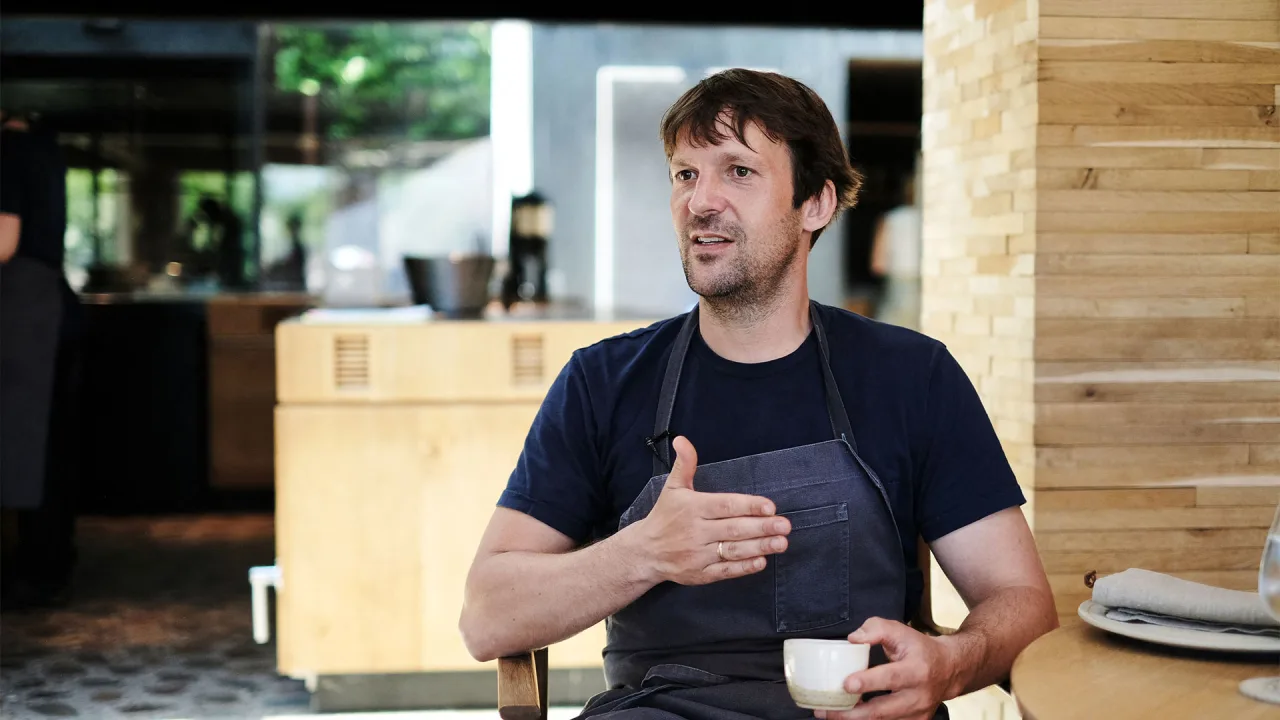
The best part of last month’s MAD Symposium in Copenhagen wasn’t chef Thomas Keller telling young chefs in the audience to stop chasing Michelin stars—though he did say that. It wasn’t chef and World Central Kitchen founder José Andrés breaking down in tears as he described his organization’s work cooking in Gaza. And it wasn’t chef-turned-actor Matty Matheson describing his rise to fame on FX’s industry hit, The Bear.
Instead, under a giant red circus tent in Copenhagen, the star power dulled as the next generation stood up. The brightest spot came as four young Icelandic fishing guides stood onstage and presented a compelling and heartfelt argument against sea-farmed salmon. The seventh-generation guides, two sets of sisters in their late teens and early twenties, are among the first female guides in their country, helping visitors find and catch wild Atlantic salmon on the Laxá river in northern Iceland. I found their story interesting, unexpected, and inspiring—which, MAD’s leadership says, is the entire point.
For chefs, by chefs
The MAD Symposium, named after the Danish word for “food,” started 15 years ago. It’s put on by a Copenhagen-based nonprofit, also called MAD, started by chef René Redzepi. Redzepi runs Noma, a restaurant consistently ranked among the best and most influential restaurants in the world. The Symposium is a kind of for-chefs, by-chefs event that also welcomes bartenders, servers, farmers, food producers, writers, and, this year for the first time, corporate sponsors. Attendees arrive by boat, gather under tents in variable Danish weather conditions, and eat a lot of exceptional food—this year including recipes from Los Angeles hot spot Anajak Thai, Copenhagen’s Sanchez, and London’s revered St. John, cooked and served by a tirelessly hospitable team, including Noma’s chefs.
“I’m in the middle of a 14-day shift,” I heard one chef say during meal prep, though the people in the tented kitchen were (mostly) smiling.
Industry challenges
This year’s event, MAD7, returned after a seven-year hiatus, during which COVID-19 ransacked the restaurant business, grappling with a big question: Is it possible to build to last in this industry?
If you follow industry news, at least in America, it might not seem like it. In the last two years, dozens of major restaurant companies have shuttered locations, filed for bankruptcy, or closed outright. McDonald’s recently experienced its worst sales decline since the pandemic.
Those are just the corporate chains. Independent restaurants, always a tough business, are facing challenges that include rising costs and wage pressures, inflation, changes in consumer spending, and disruptions and uncertainty caused by natural disasters, economic constraints, and political leadership. In the years since MAD began, the tone around chefs and restaurants has shifted dramatically. An industry-wide reckoning sent plenty of top names packing and caused others—Redzepi included—to reexamine and adjust the way they treat workers and run kitchens. There’s a sense that maybe it’s time for the “gods of food,” as Time magazine once called them in a feature that also included past MAD speakers David Chang and Brazilian chef Alex Atala (who once killed a chicken on the MAD stage) to step aside.
Keller controversy
The event itself was largely successful in its efforts to inspire important conversations about what should come next, even if it got off to a sleepy start. “Legacy” was the theme of the first day, but some speakers missed the opportunity to reflect honestly on reality.
The biggest example of this was a conversation between chefs Redzepi and Keller that completely ignored the bombshell story, published a week earlier, by San Francisco Chronicle restaurant critic MacKenzie Chung Fegan. In it, she reveals Keller pulled her aside during a visit to the French Laundry, his Napa Valley fine-dining restaurant, for a lecture about the merits of restaurant critics before asking her to leave. (Spoiler: She stays.) Might one of the world’s greatest chefs address a bit of reasonable, if high-profile criticism in front of a friendly industry audience, we all wondered? Unfortunately, he did not.
From supper clubs to pop-ups
Thankfully, MAD managed to redeem itself the following day as talks turned to the future. Asma Khan, chef of London Darjeeling Express explained her business’s evolution from supper club to pop-up to permanent restaurant employing—and empowering—immigrant women. Patagonia founder Yvon Chouinard spoke of his 2023 decision to, in his words, “give away the company,” transferring its ownership to a nonprofit foundation. And Emilie Qvist, a young Danish chef, talked about her own future in restaurants: a series of short-term projects that included revitalizing a coastal fish restaurant in northern Denmark before closing it to travel and later sign on as chef for a six-month project—short-term stints are still excellent vectors for change and creativity, she explained.
While the room was filled with bold-faced names of the restaurant world (even Keller stayed for the full program) the most impact came from those working more anonymously to create a better restaurant industry, a better legacy. As we filed out of the tent on Monday evening, first into a boat and then to a happy hour full of natural wine and caviar under a bridge beside a canal—this business has its perks!—I again considered the fishing guides’ wild salmon pitch.
A few years ago, they faced a catastrophic disaster when thousands of farmed salmon escaped from a nearby offshore farm. The escape threatened the country’s wild fish with disease, parasites, and reproductive challenges. If the practice of sea farming continues, the young women said, the country’s entire population of wild salmon is at risk of dying. That’s bad news for anyone who cares about fishing practices, but it’s worse news for the guides. Threatened also is their families’ legacy—an outcome that loomed larger in a tent full of restaurant people than the fate of the fish.











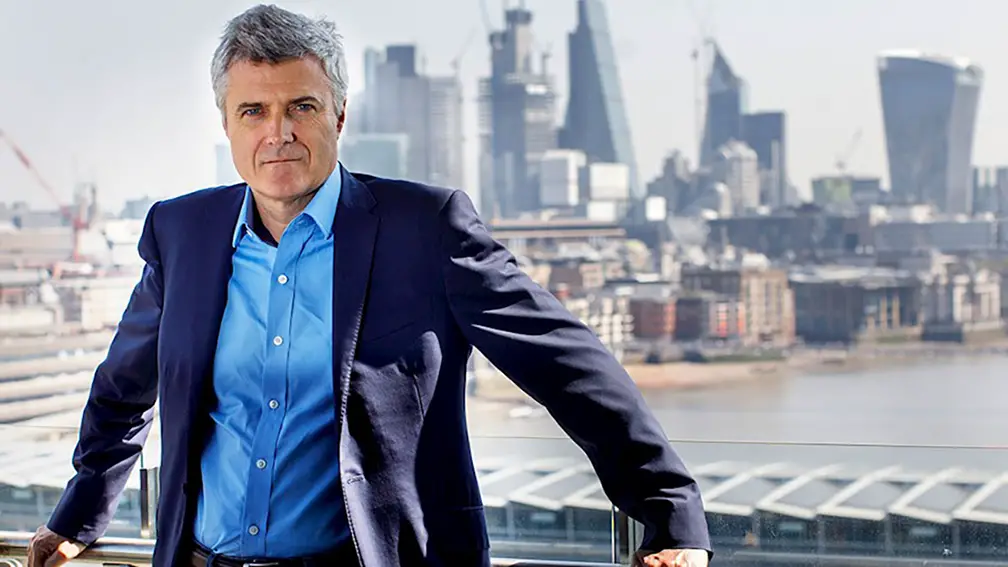
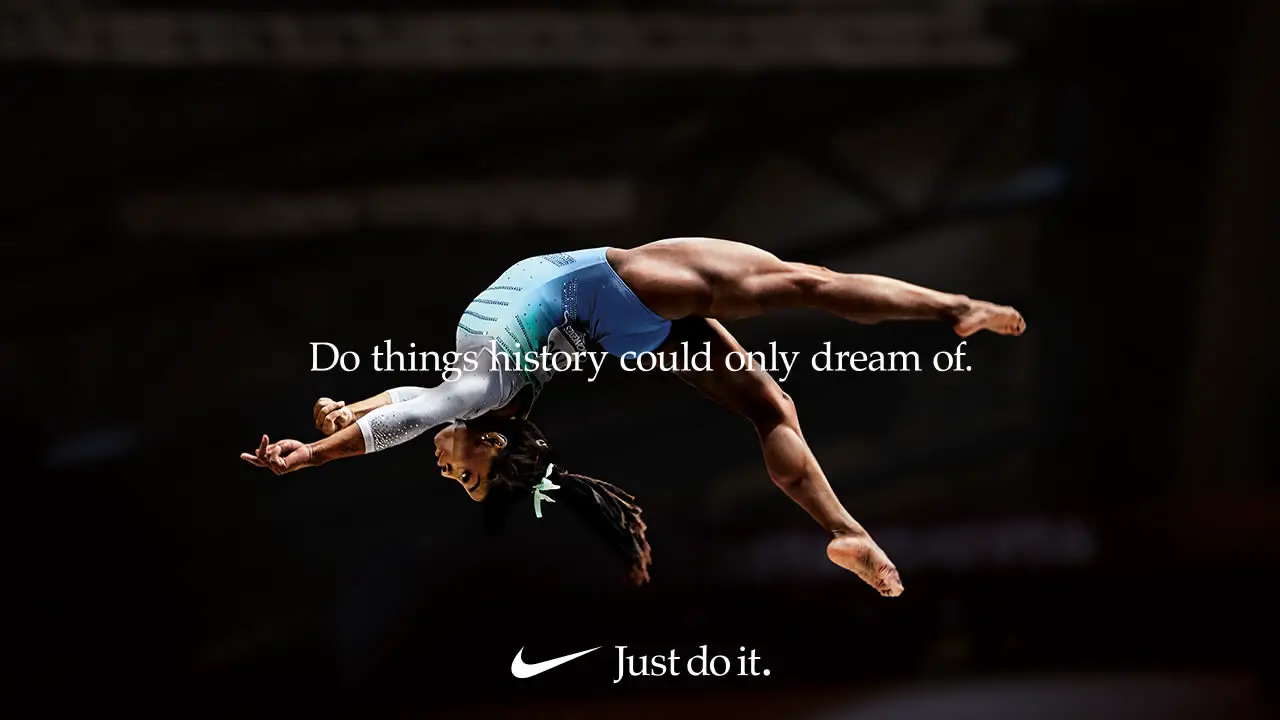

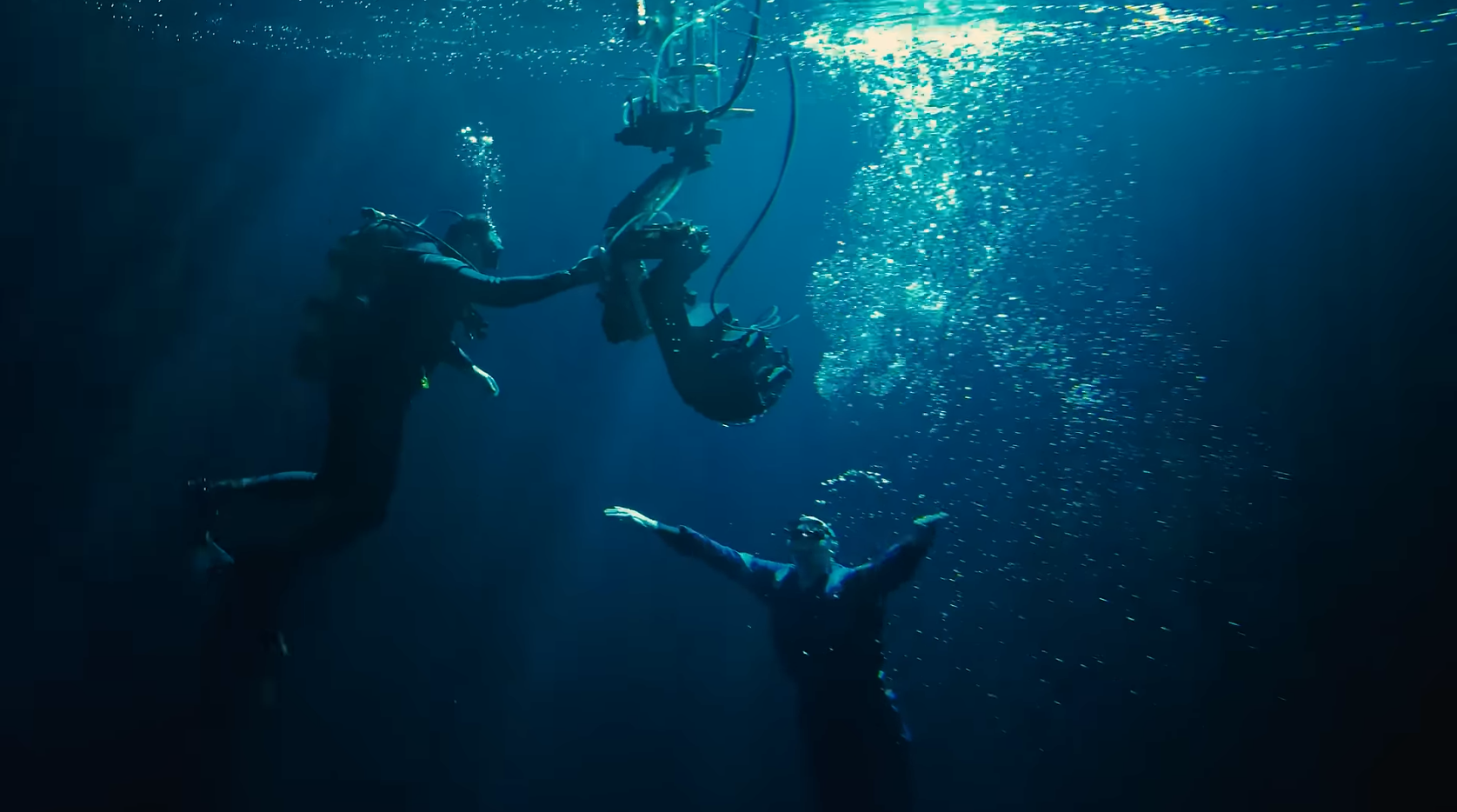






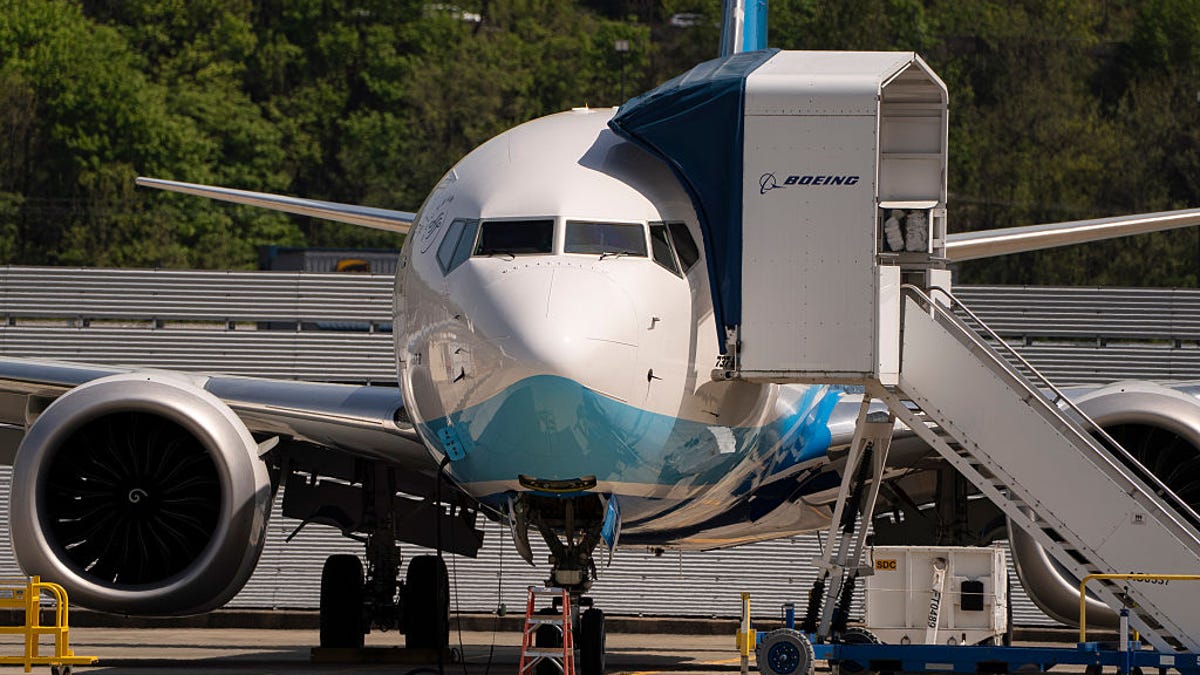
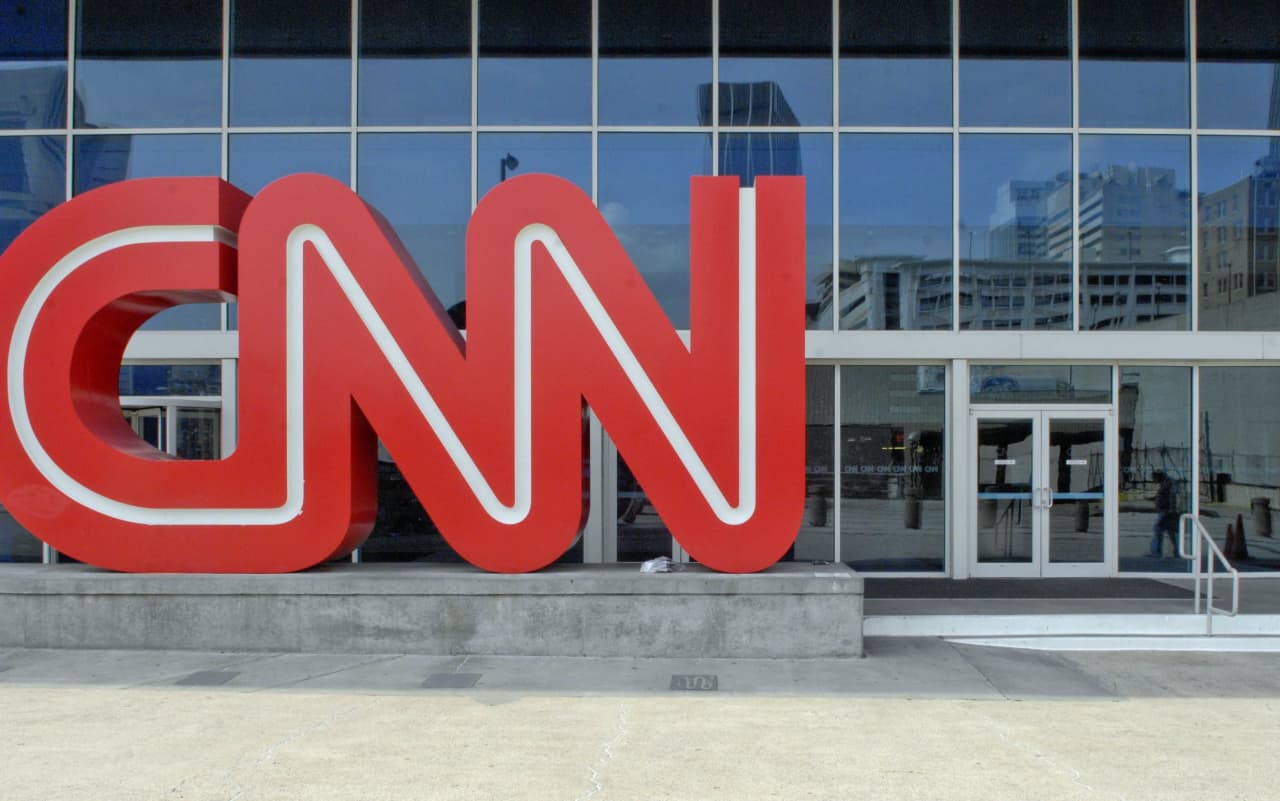
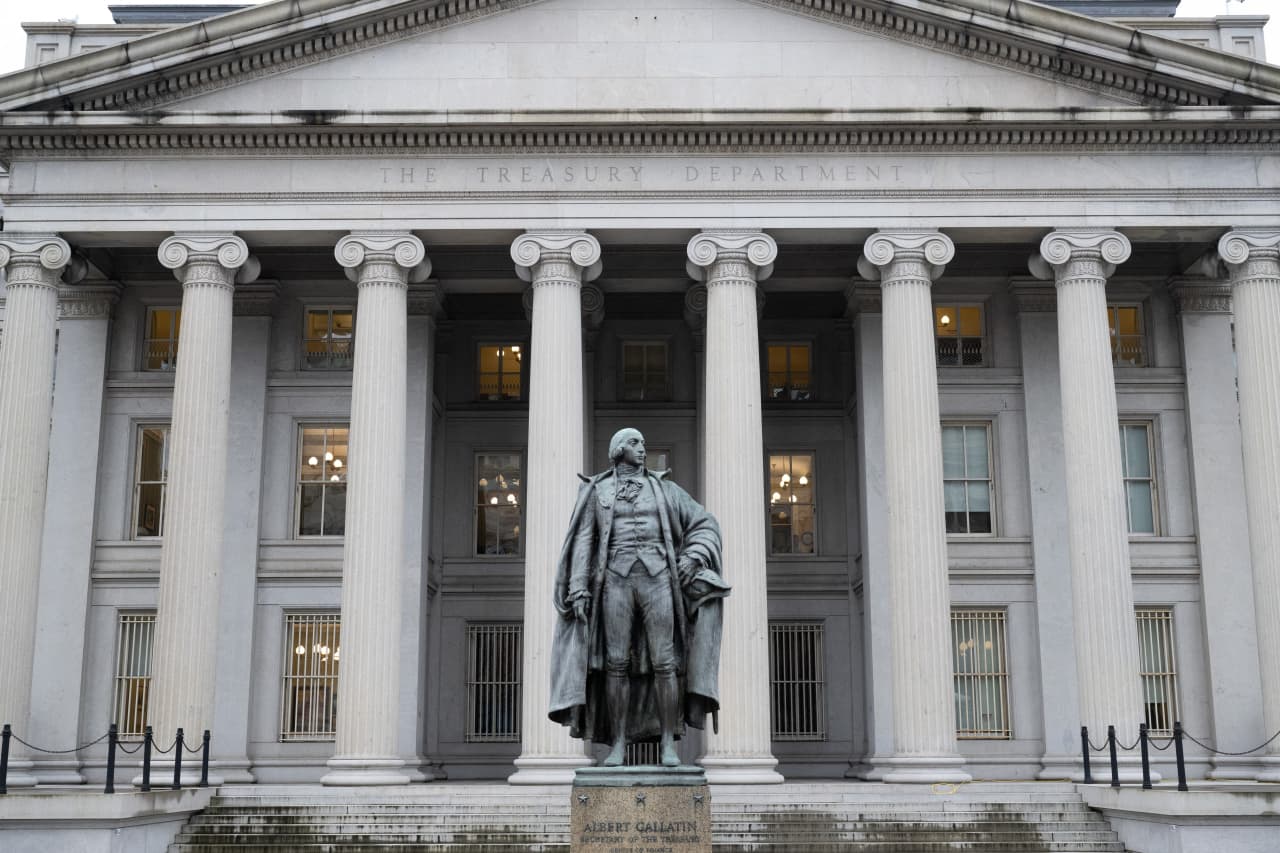





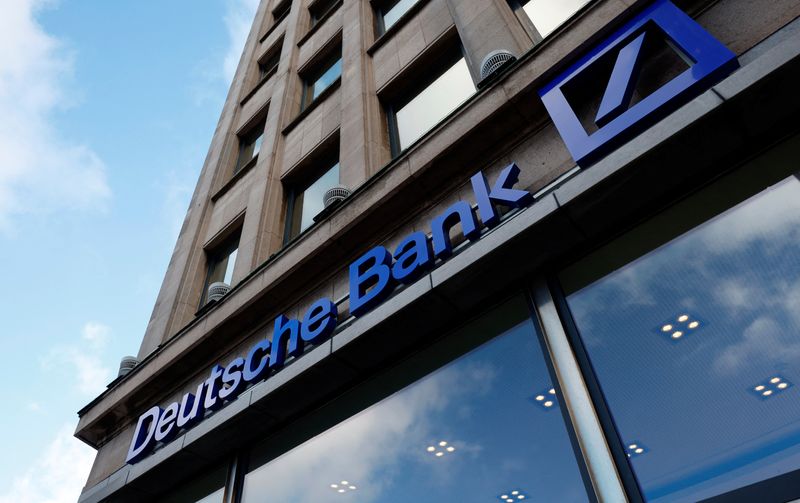
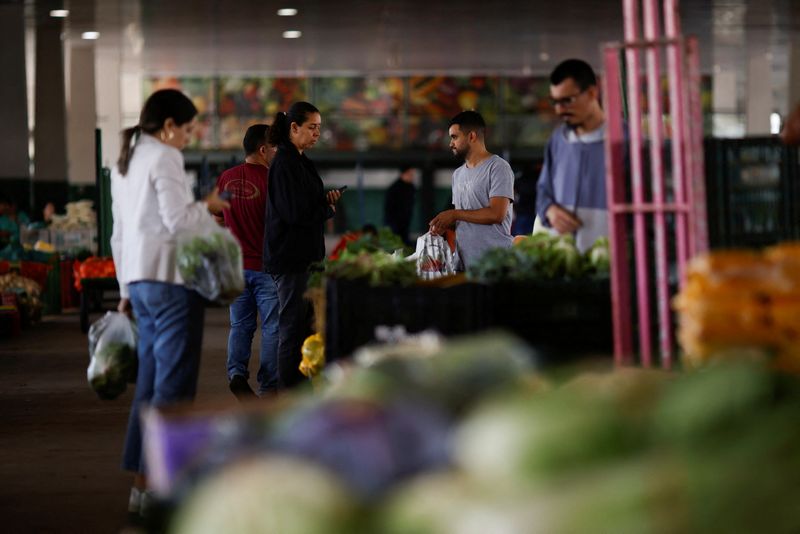
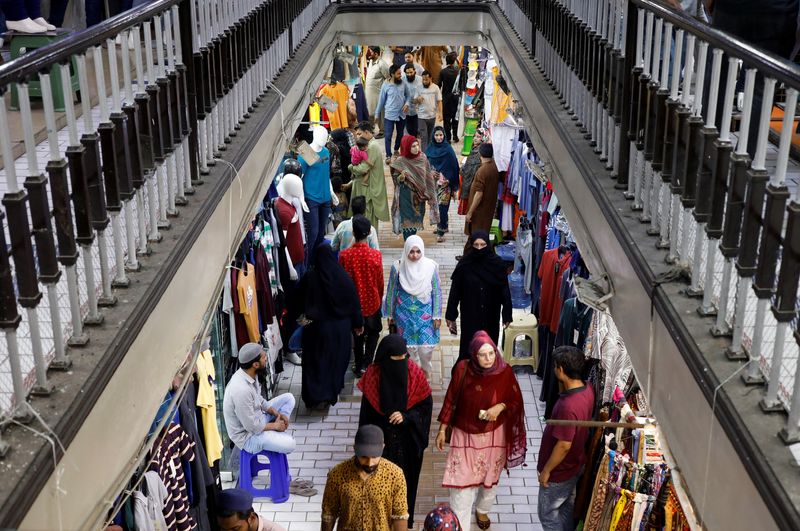











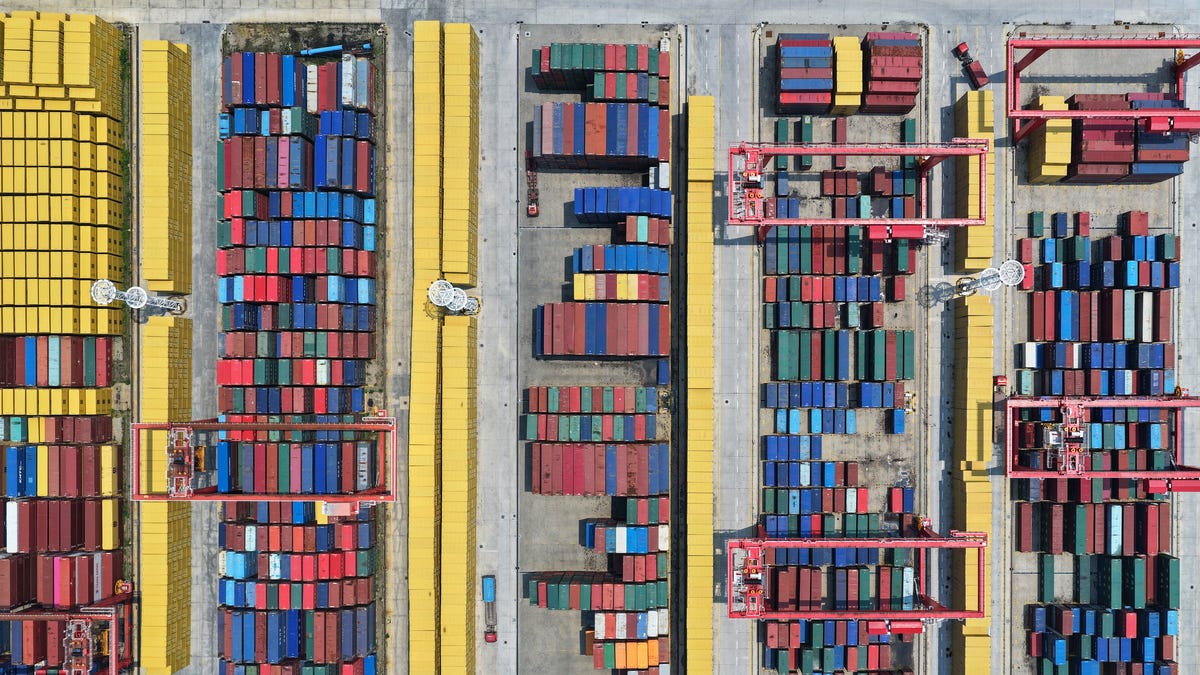



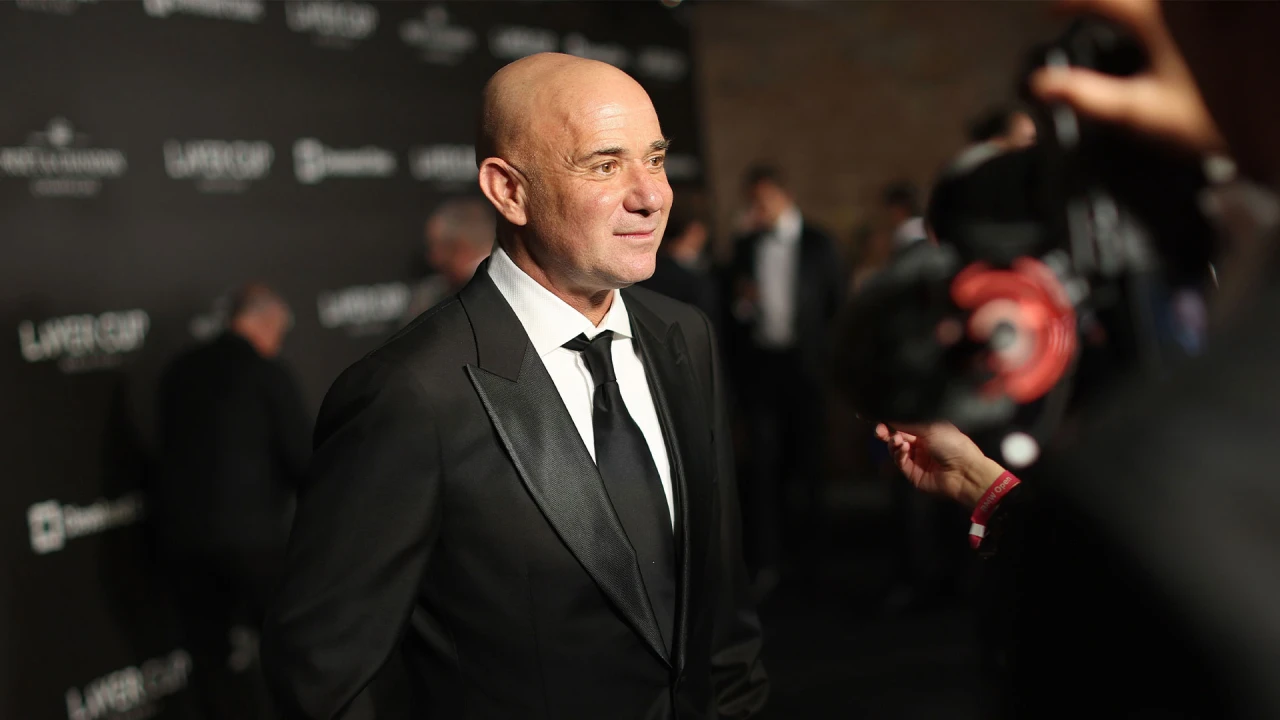
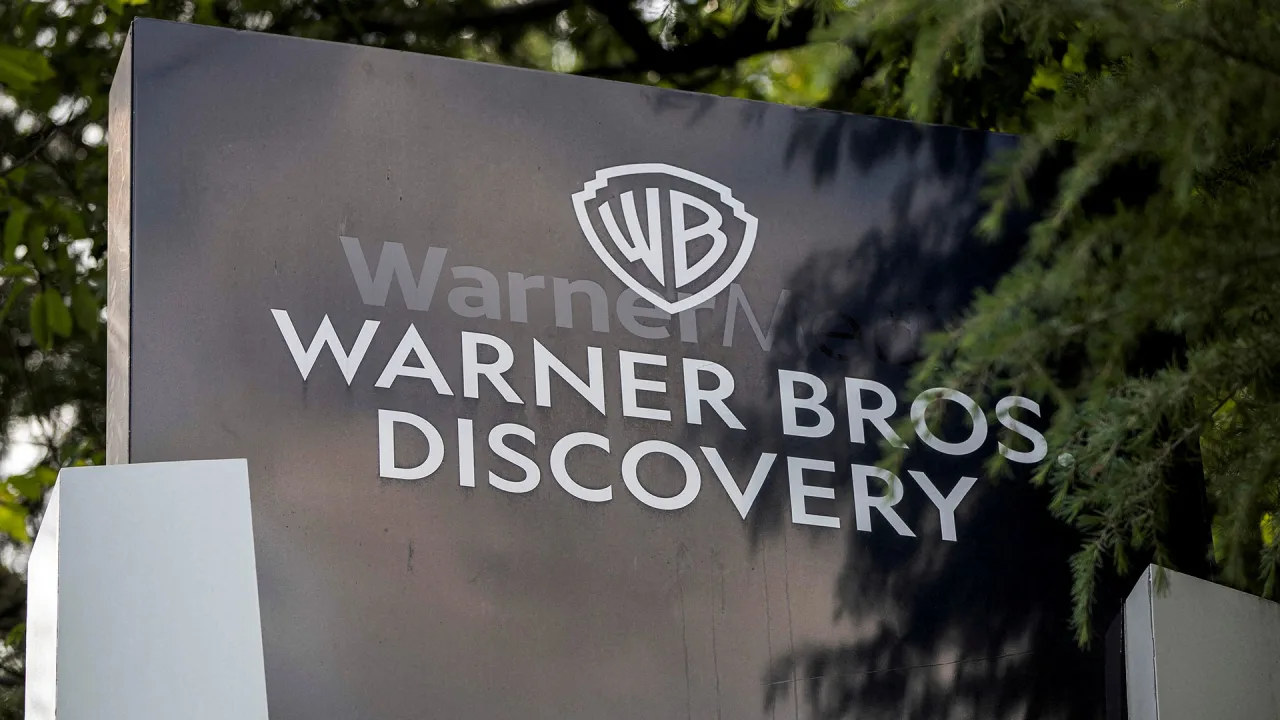



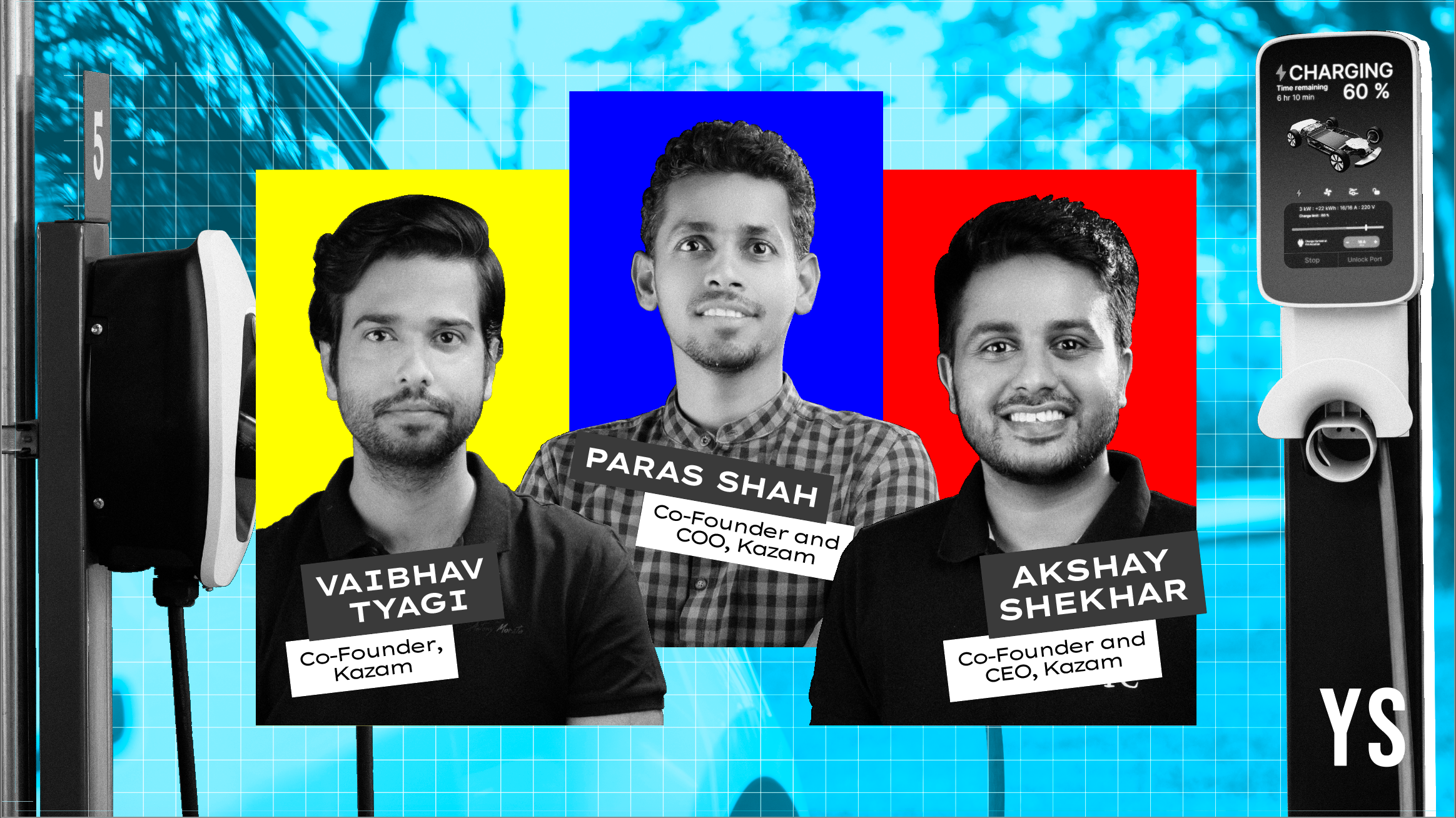
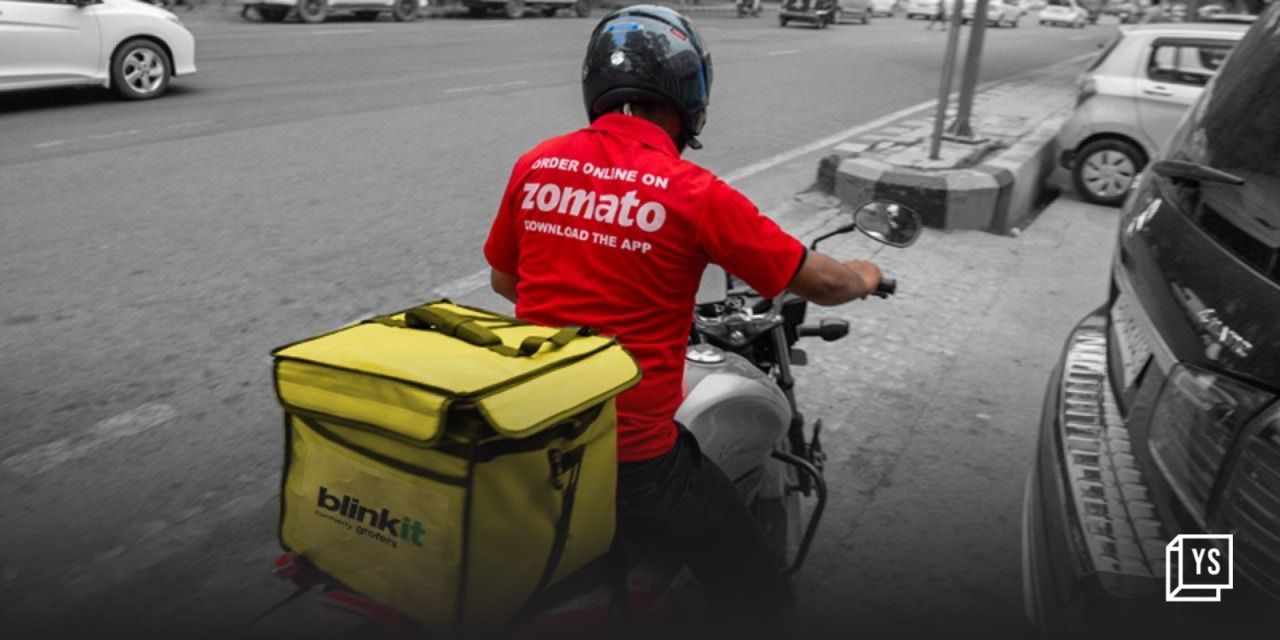



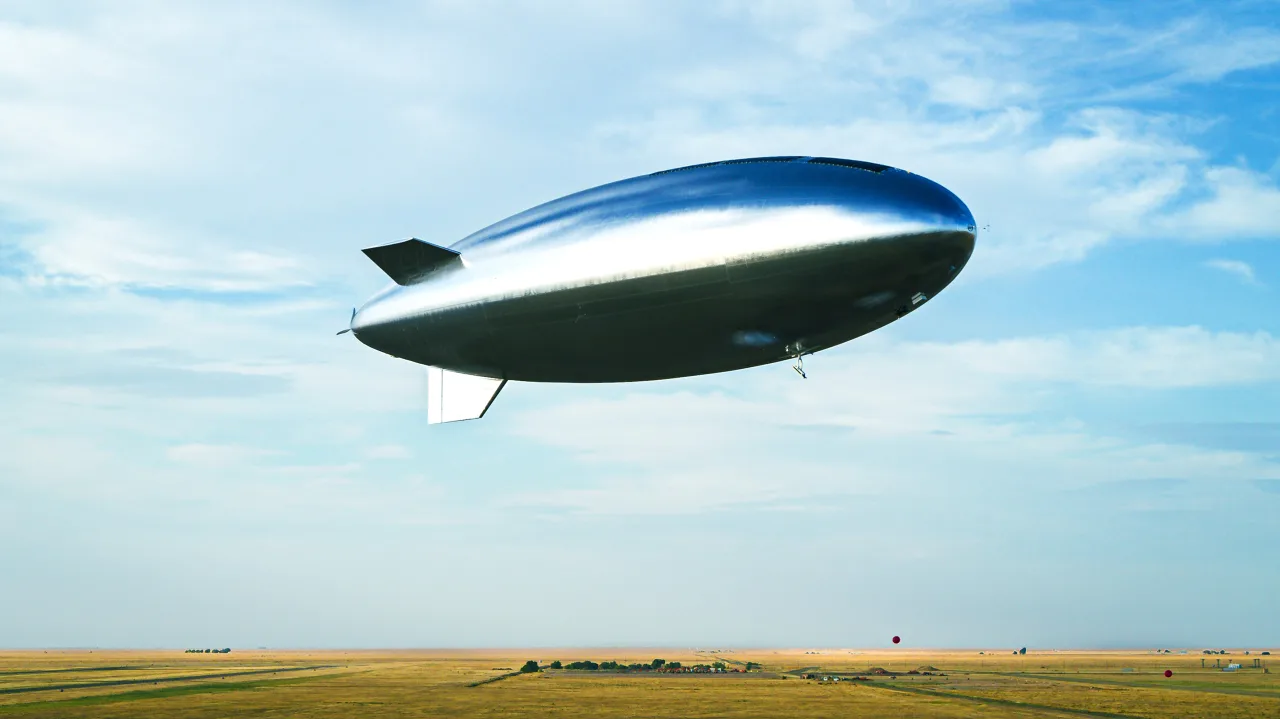
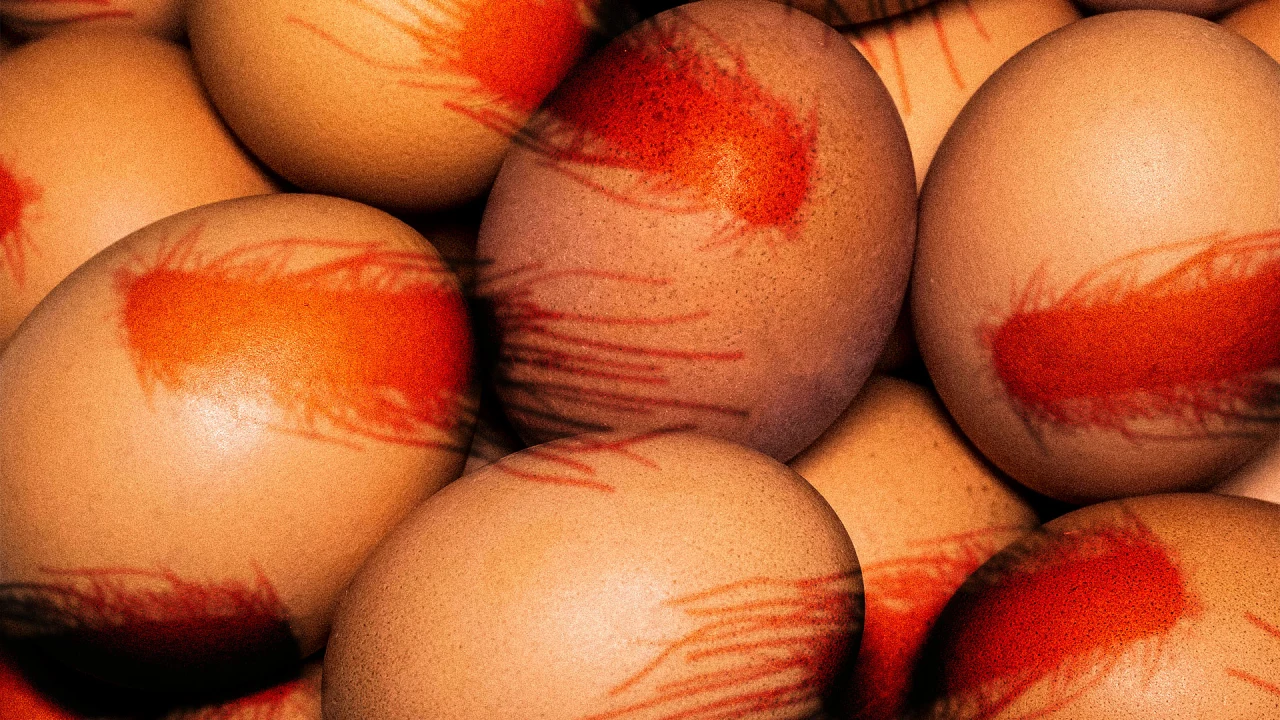








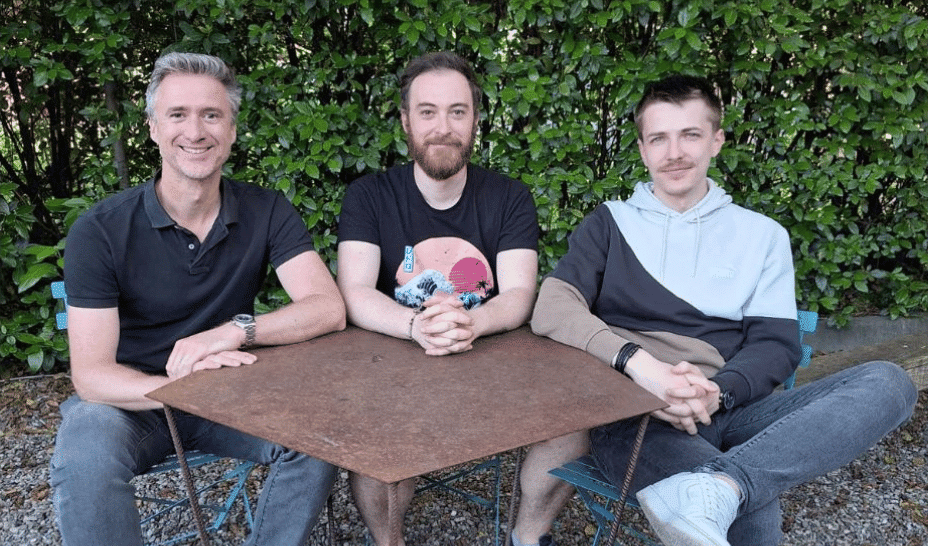

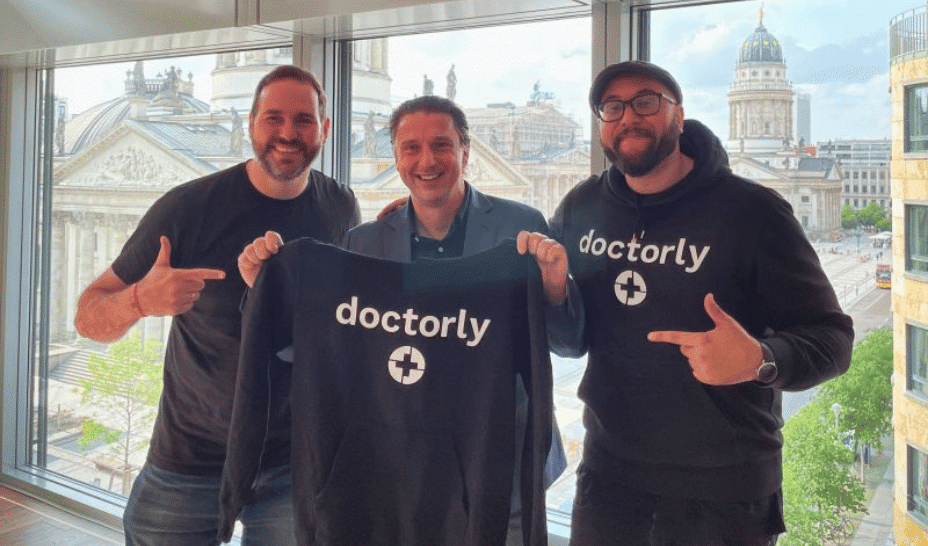
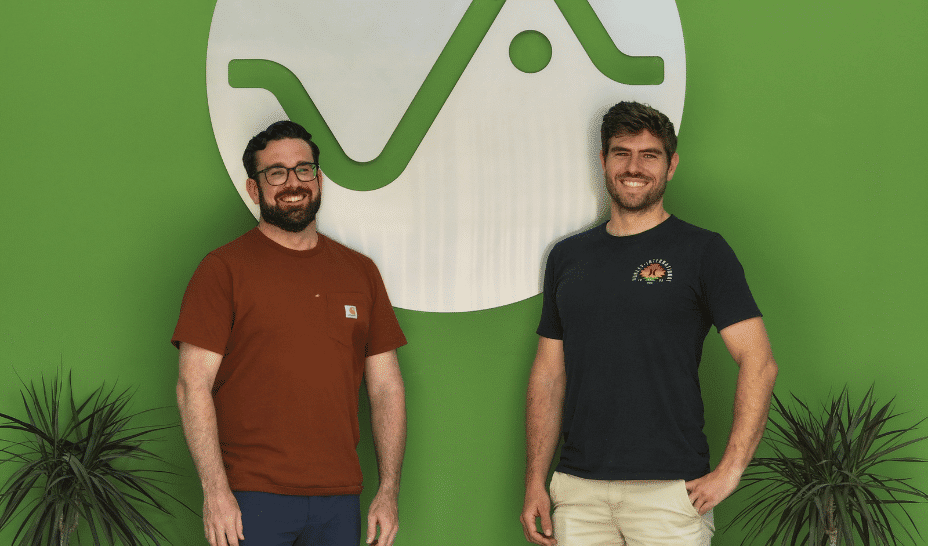


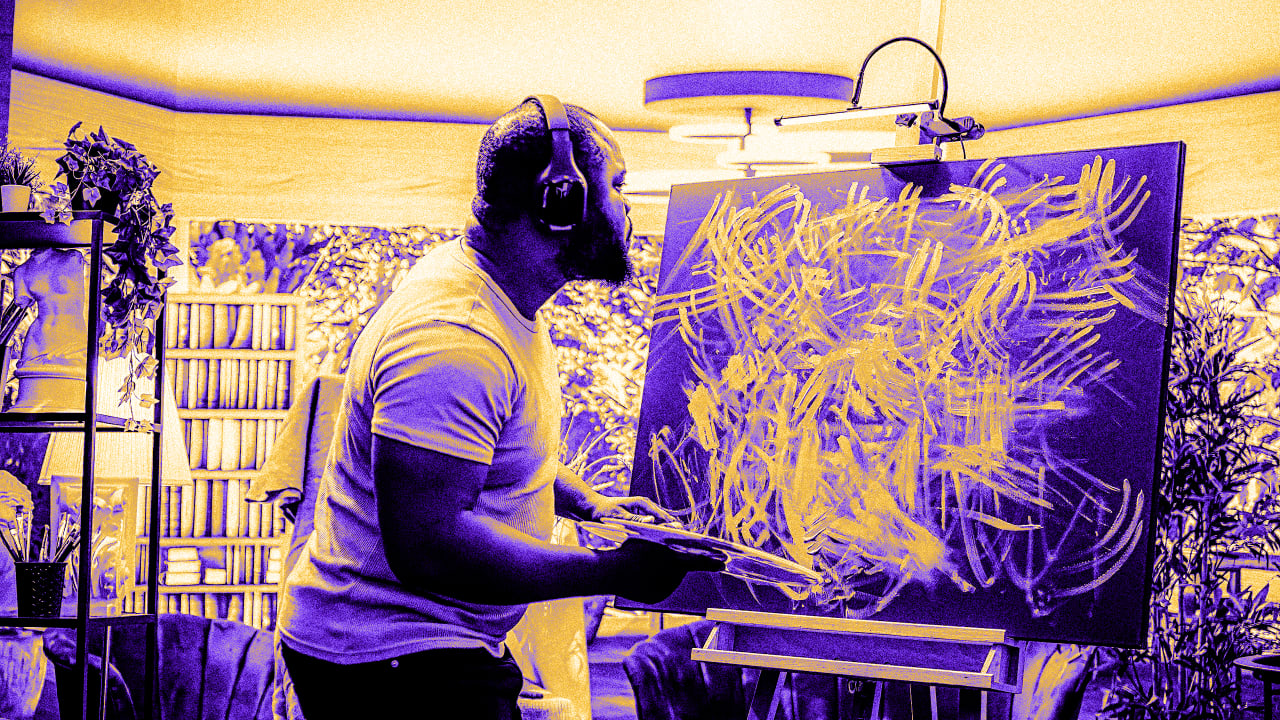

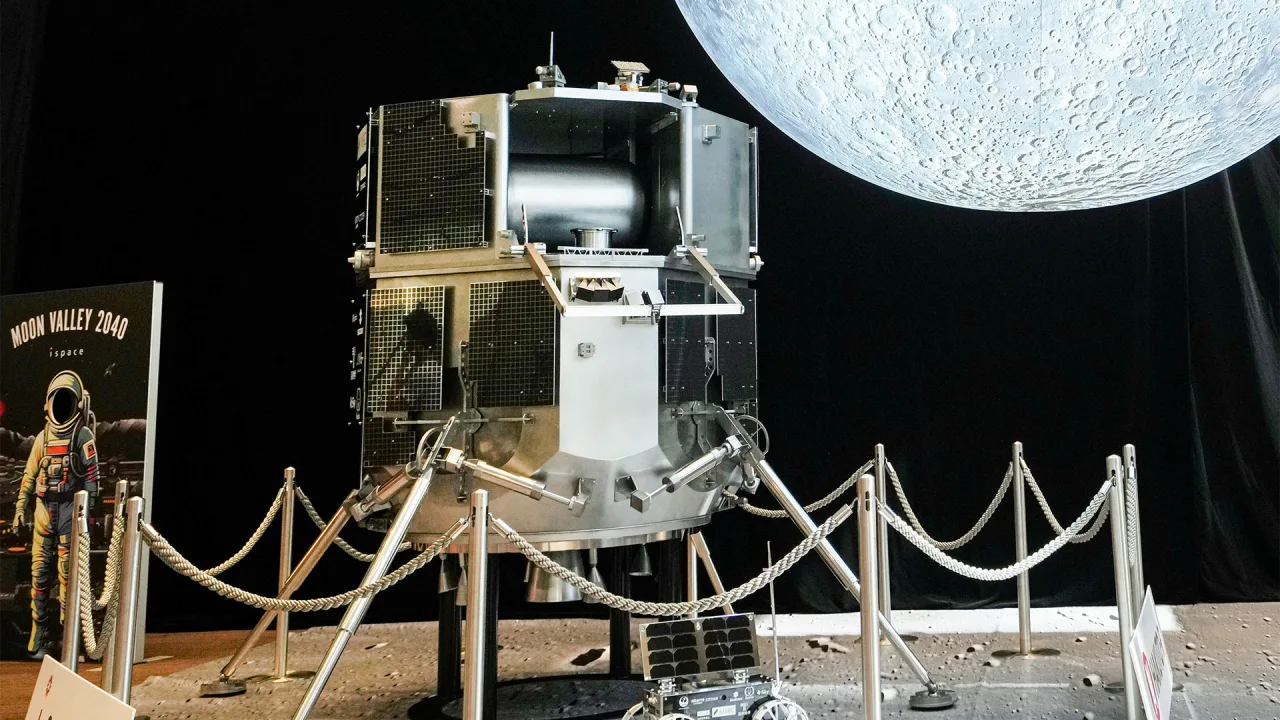











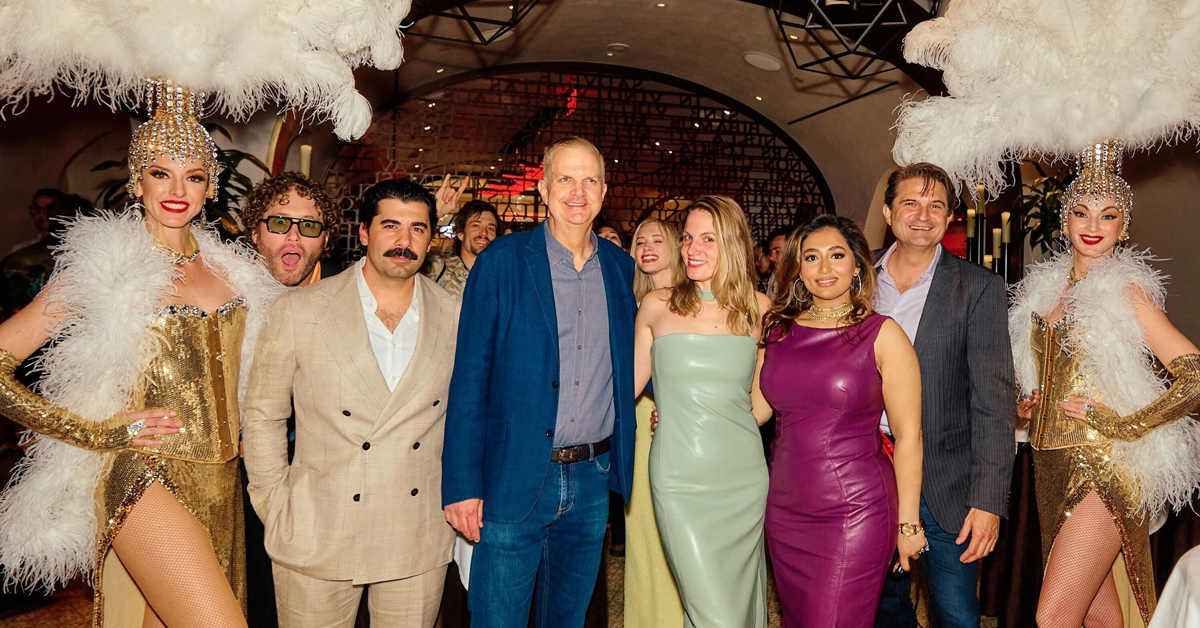























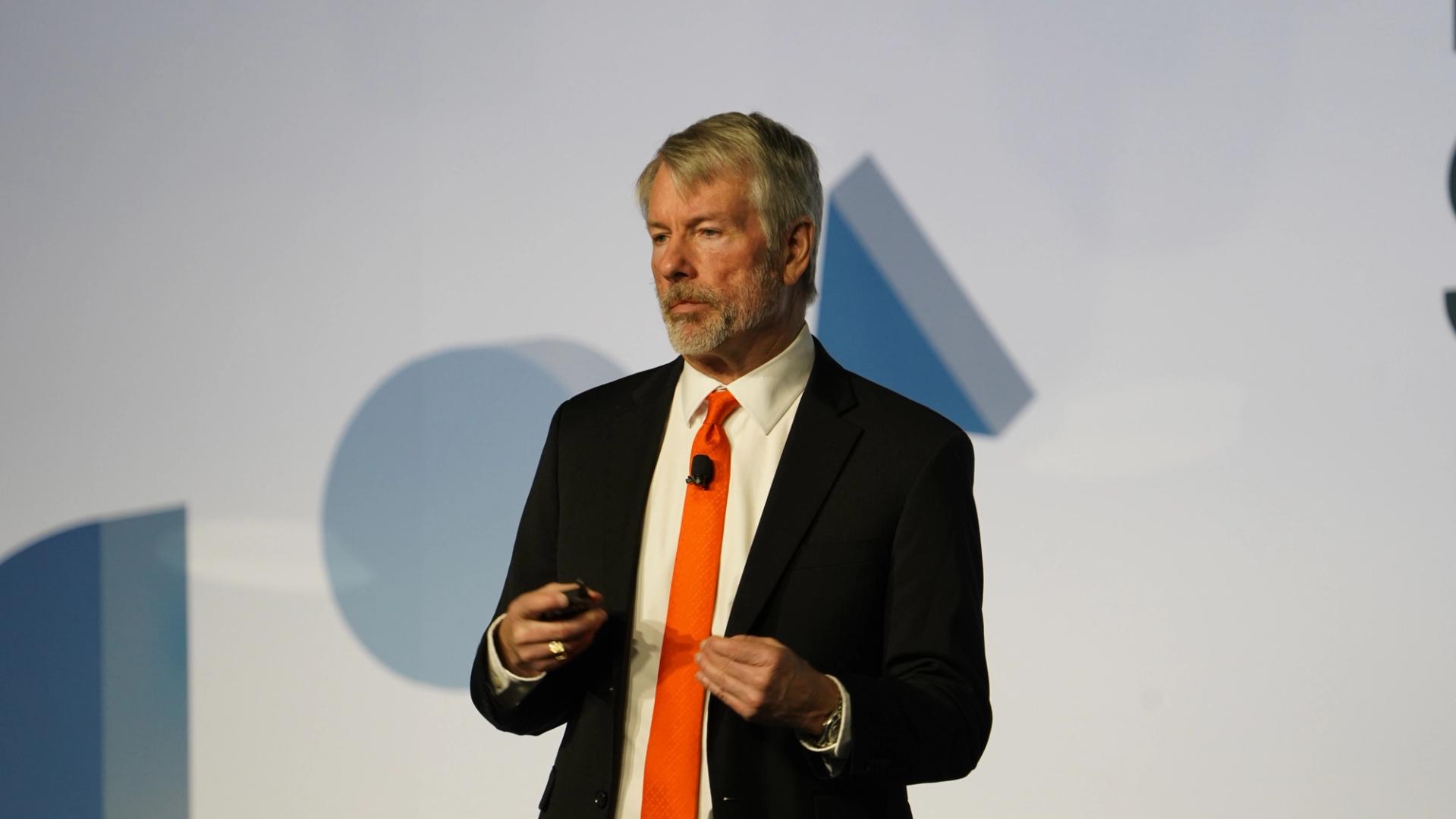
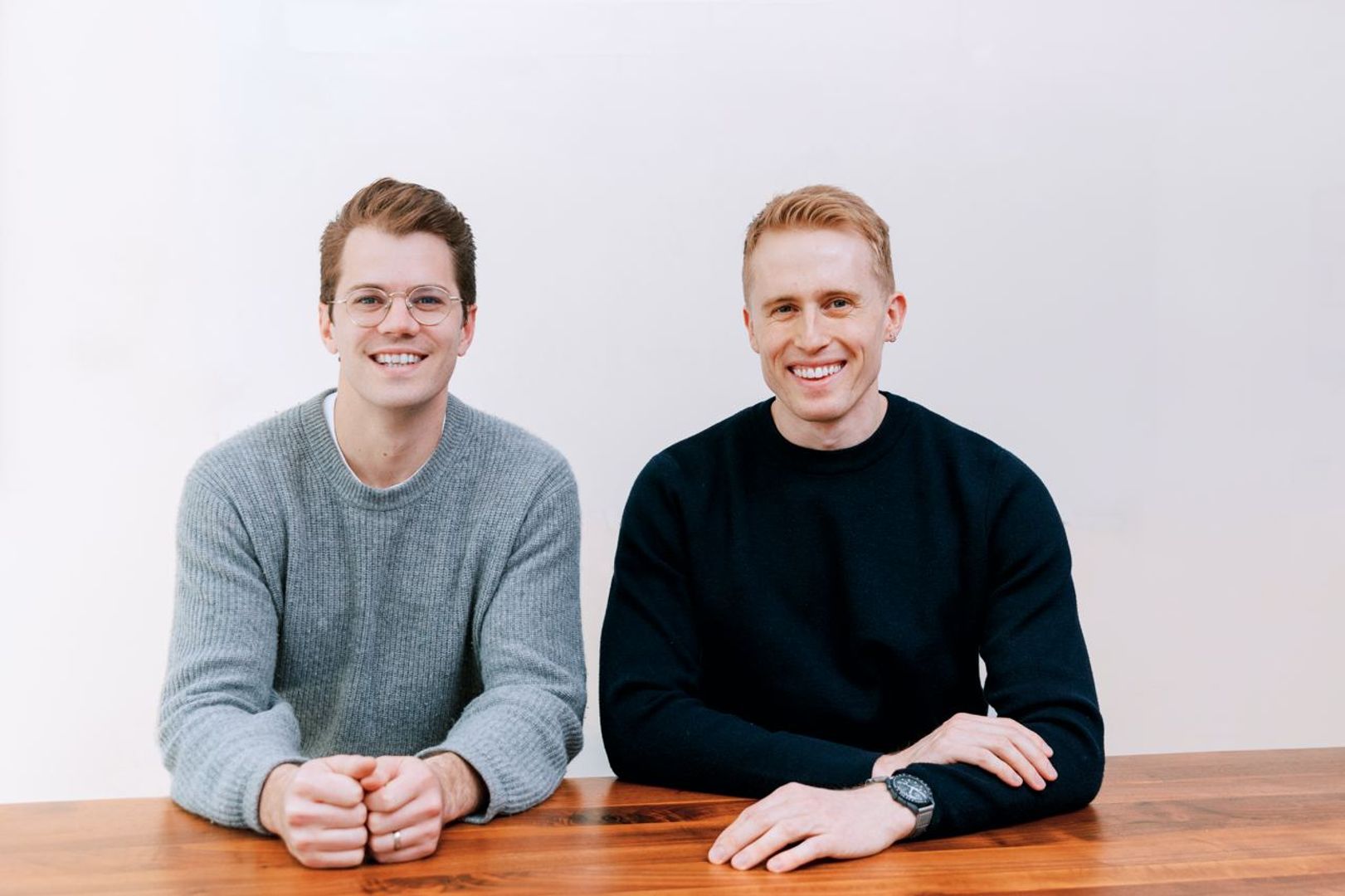
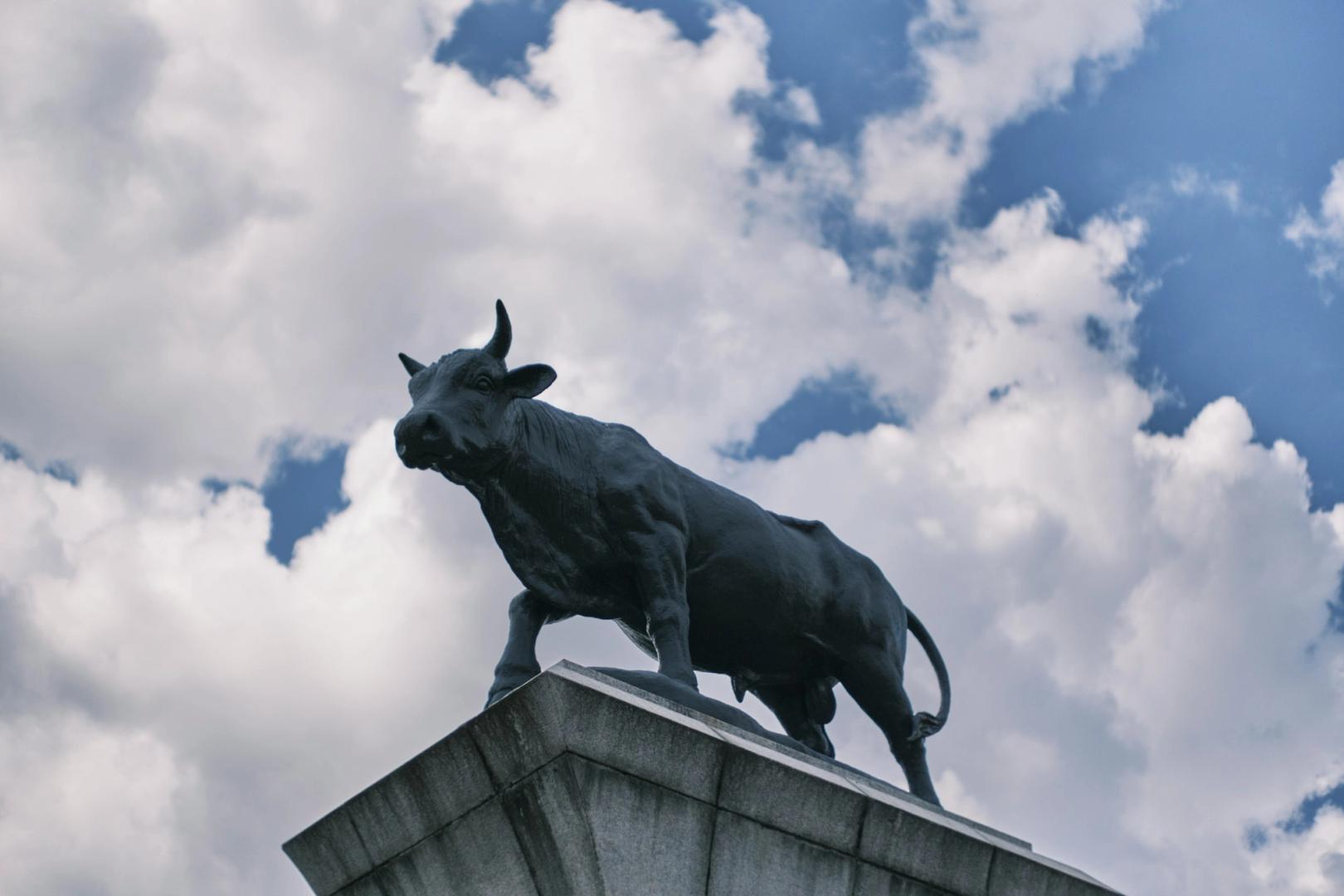


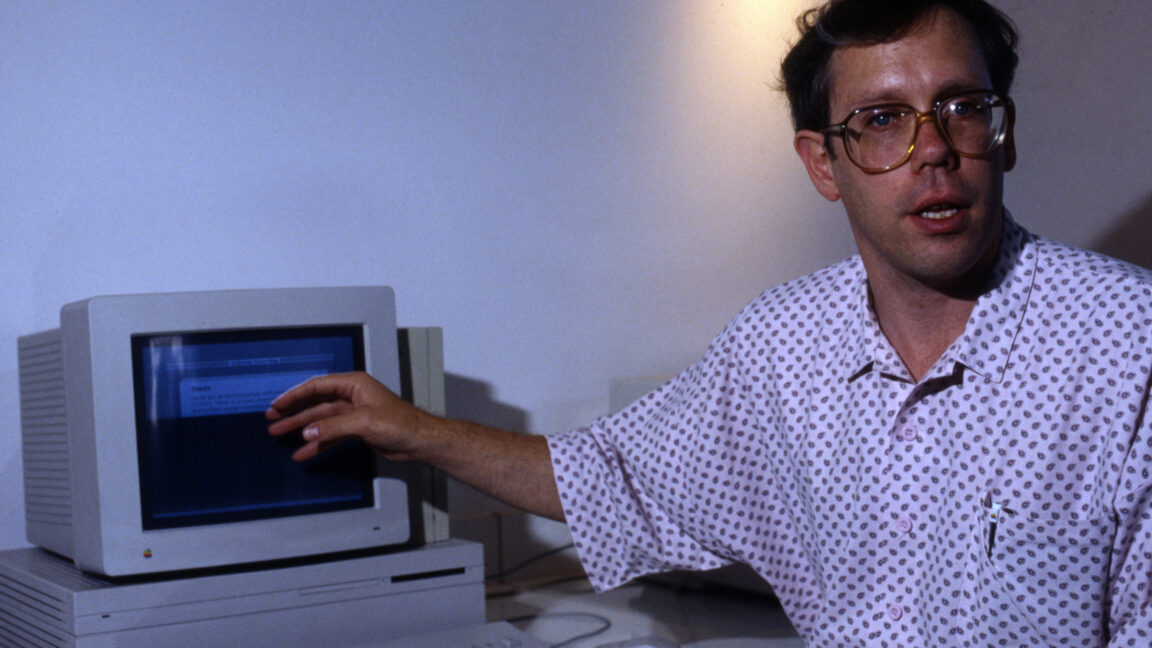

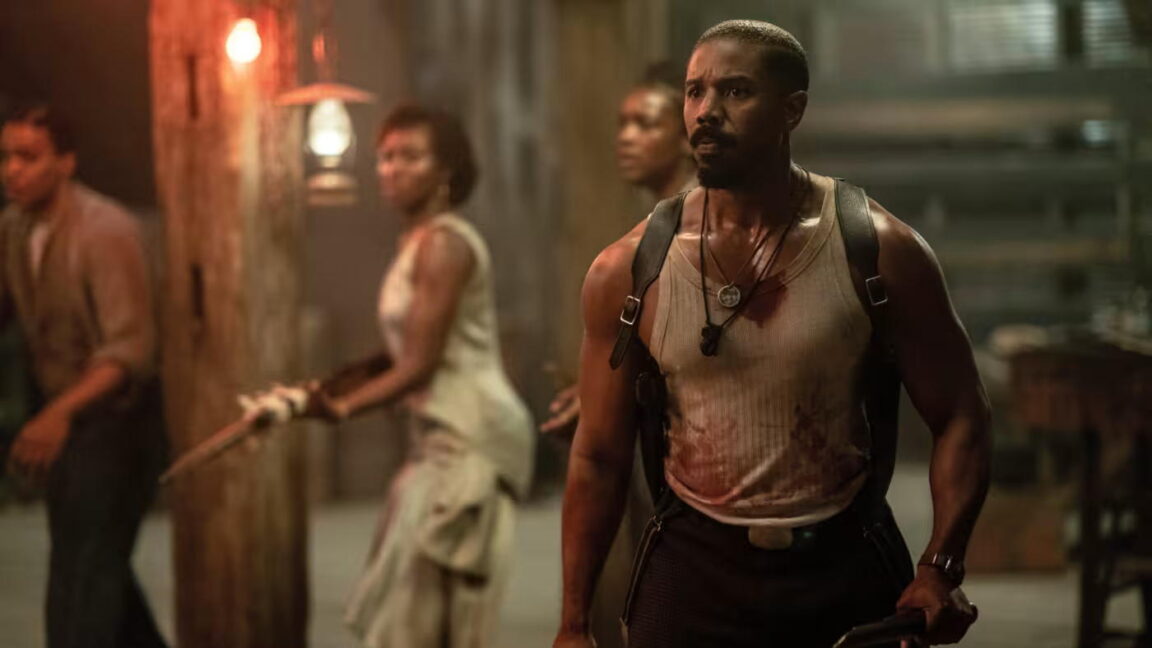















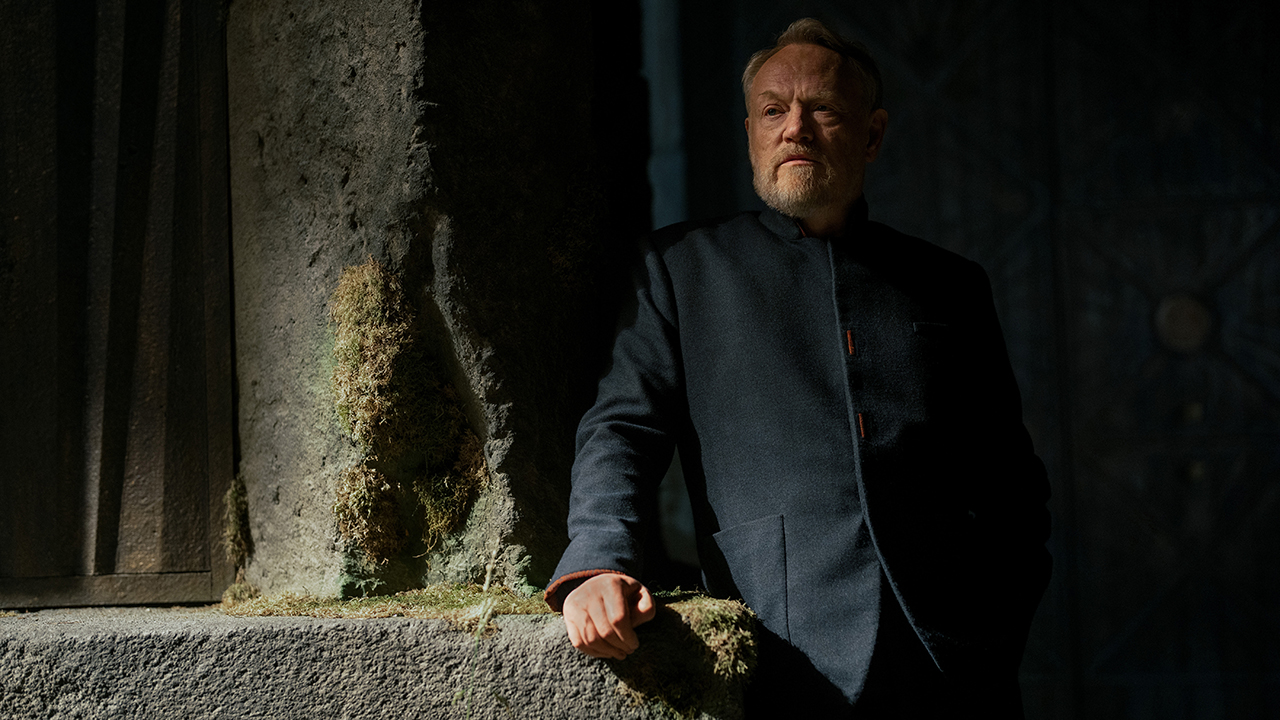







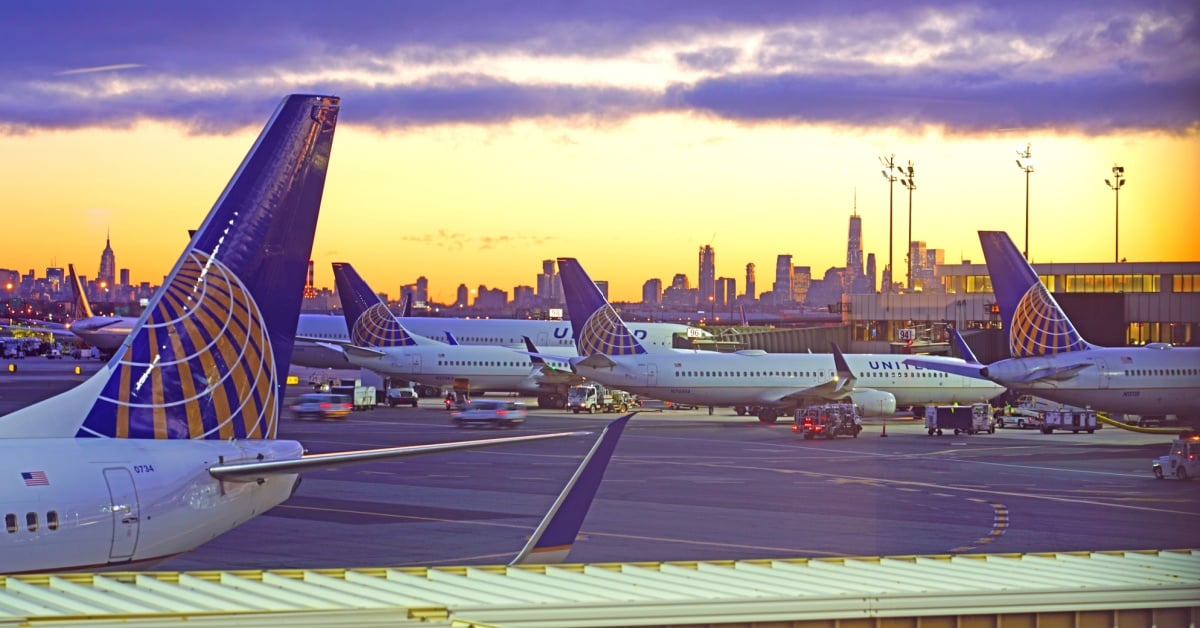
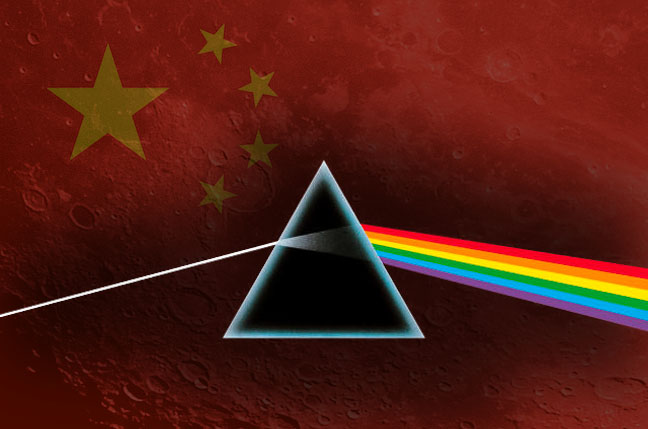




























.jpg)
















